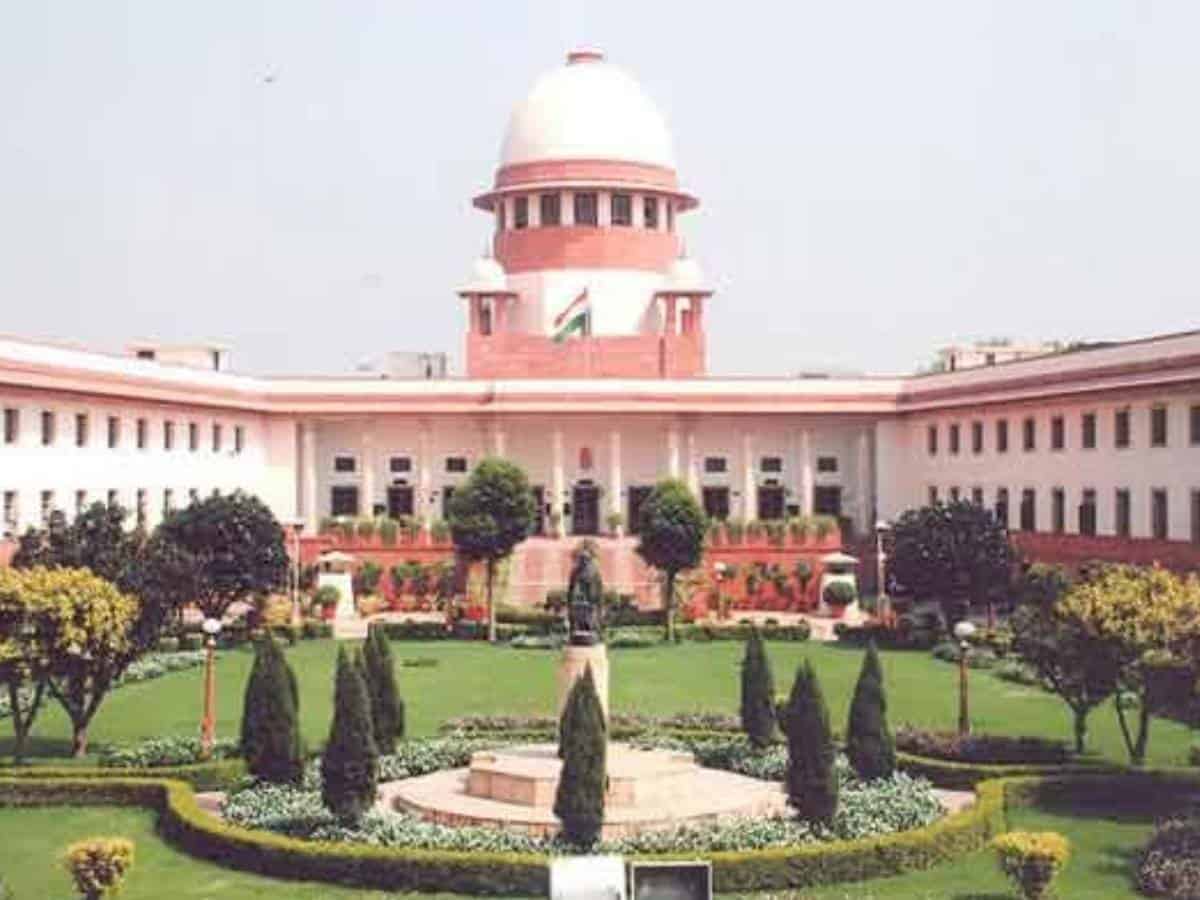New Delhi: The Supreme Court on Monday said it was concerned with the slow process of registering workers from the unorganised sector and sought the Centre’s response for a national database for them undertaken by the Labour and Employment Ministry along with the states.
A bench of Justices Ashok Bhushan and M.R. Shah said: “We are of the view that process which has been initiated by Ministry of Labour and Employment for creating a national database for unorganised workers, should be completed with collaboration and coordination of the states, which may serve registration for extending different schemes by the states and Centre.”
“We are of the view that for accessing of any benefit percolating from any scheme framed by the Centre or the states for the benefit of unorganised workers or migrant workers, registration of workers is essential, which shall facilitate the unorganised workers to assess the scheme and reap the benefit,” it said.
The bench emphasised that registration of unorganised sector workers should be completed as early as possible and there should be a common national database for all organised sector workers situated in different states.
During the hearing, the top court had queried Centre as to why there is no national data on workers of the unorganised sector. It asked Solicitor General Tushar Mehta to expedite the process of registration of such workers by the Labour Ministry in accordance with direction passed in a separate matter in 2018.
The bench noted that in Section 112 of the Code of Social Security, 2020, registration of unorganised workers, gig workers and platform workers was contemplated. “Instructions also need to be obtained by the SG as to steps which are proposed to be taken by Union of India regarding above,” it noted.
The bench stressed that there should be a suitable mechanism to monitor and supervise whether the benefits of the welfare schemes reach the beneficiaries which may be from grassroot levels to higher authorities with names and places of beneficiaries. “On paper, we see government has spent thousands of crores, but the concern is that whether it is reaching the needy persons,” Justice Shah had observed during the hearing.
“We also impress upon the Central government and the state governments to complete the process of registration of organised workers at an early date so that unorganised workers are able to reap the benefit of different schemes of the Centre and the states, which, without proper registration and identity card, seem to be difficult to implement on the ground.”
The top court also directed that migrant workers, wherever stranded throughout the country, should be provided the dry ration under the Atma Nirbhar Scheme or any other scheme is found suitable by the states/Centre.
However, it declined to pass any direction to either Centre or state governments for direct cash transfer of Rs 1,000 to Rs 6,000 to such workers, who got unemployed during the second wave of Covid-19 pandemic. “We are of the view that cash transfer is a matter of policy and scheme framed by each state/Union Territory and no direction for cash transfer can be issued by this court to any category of person unless they are covered by any scheme formulated by the state/Union Territory,” it said.
Advocate Prashant Bhushan, representing activist Anjali Bharadwaj and others, had contended cash transfer was a must to provide succour to the migrant workers as the situation was grim.
The top court also directed all states and Union Territories to make operational the community kitchen for the stranded migrant workers.
The top court was hearing of an application by activists Harsh Mander, Bhardwaj and Jagdeep Chhokar, through Bhushan, seeking directions to ensure that migrant workers are not deprived of ration and food security, and they should also be able to travel back to their homes at nominal cost. The application was filed in the suo motu case initiated by the top court last year to address migrant labourer crisis during the national lockdown.

